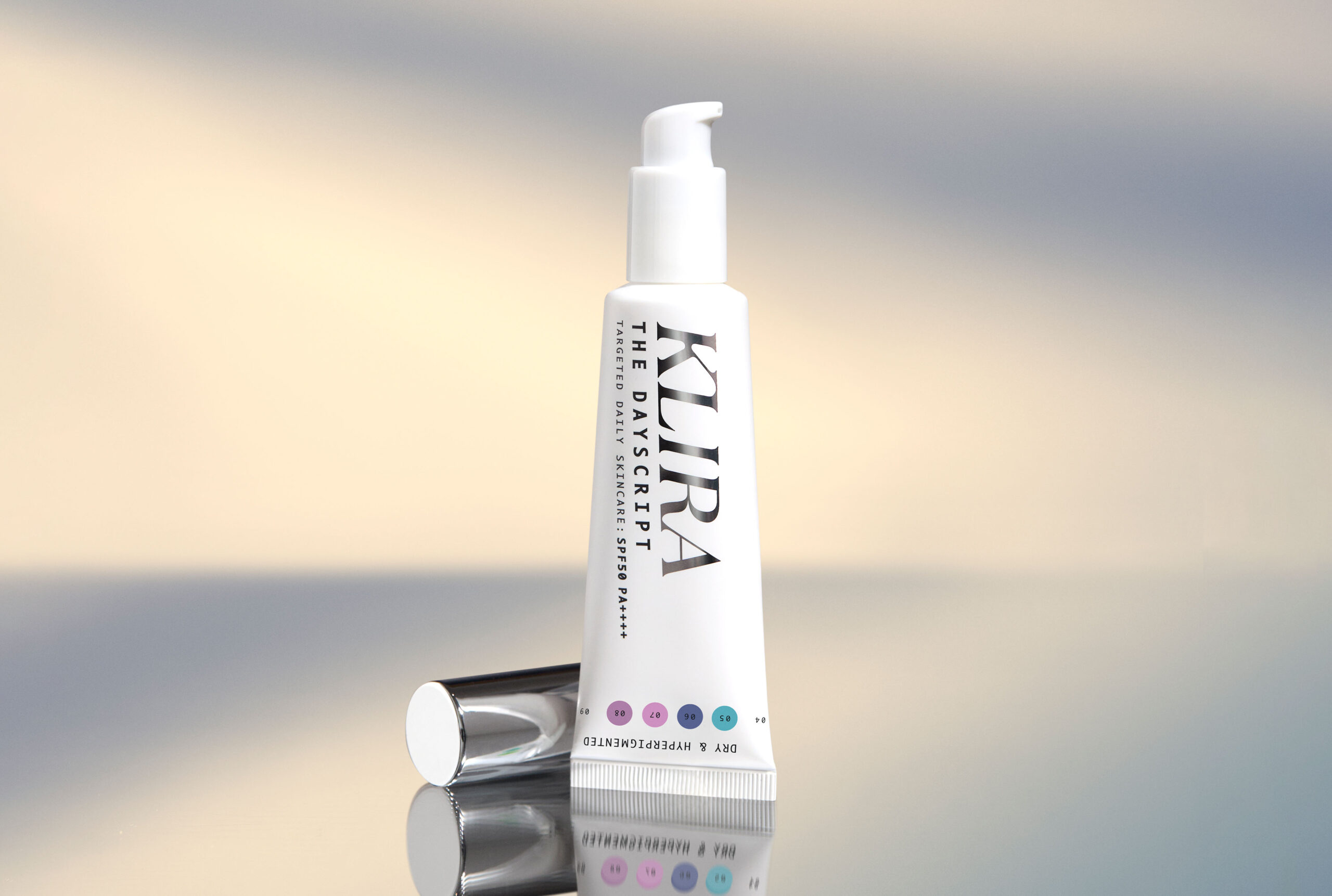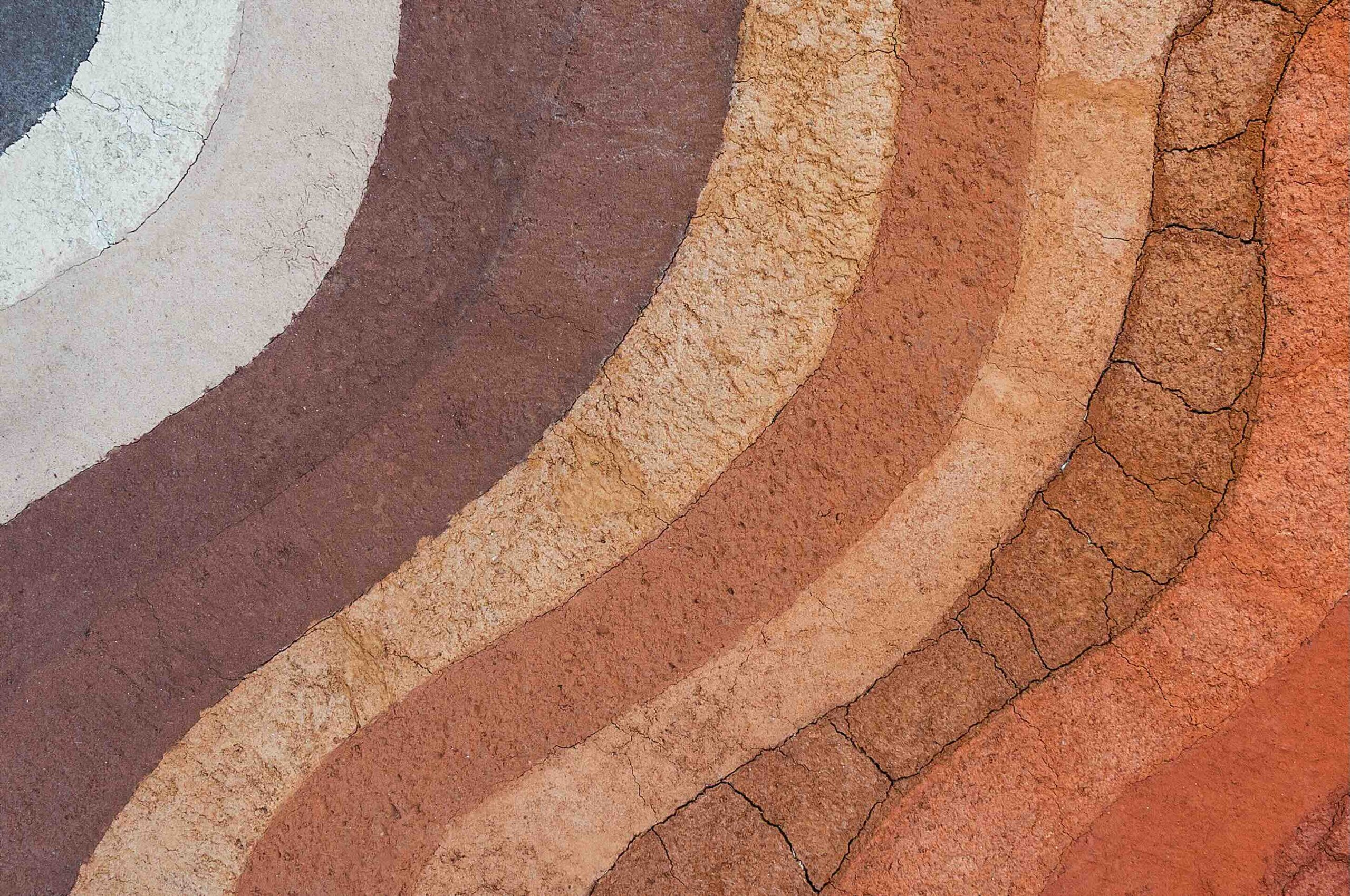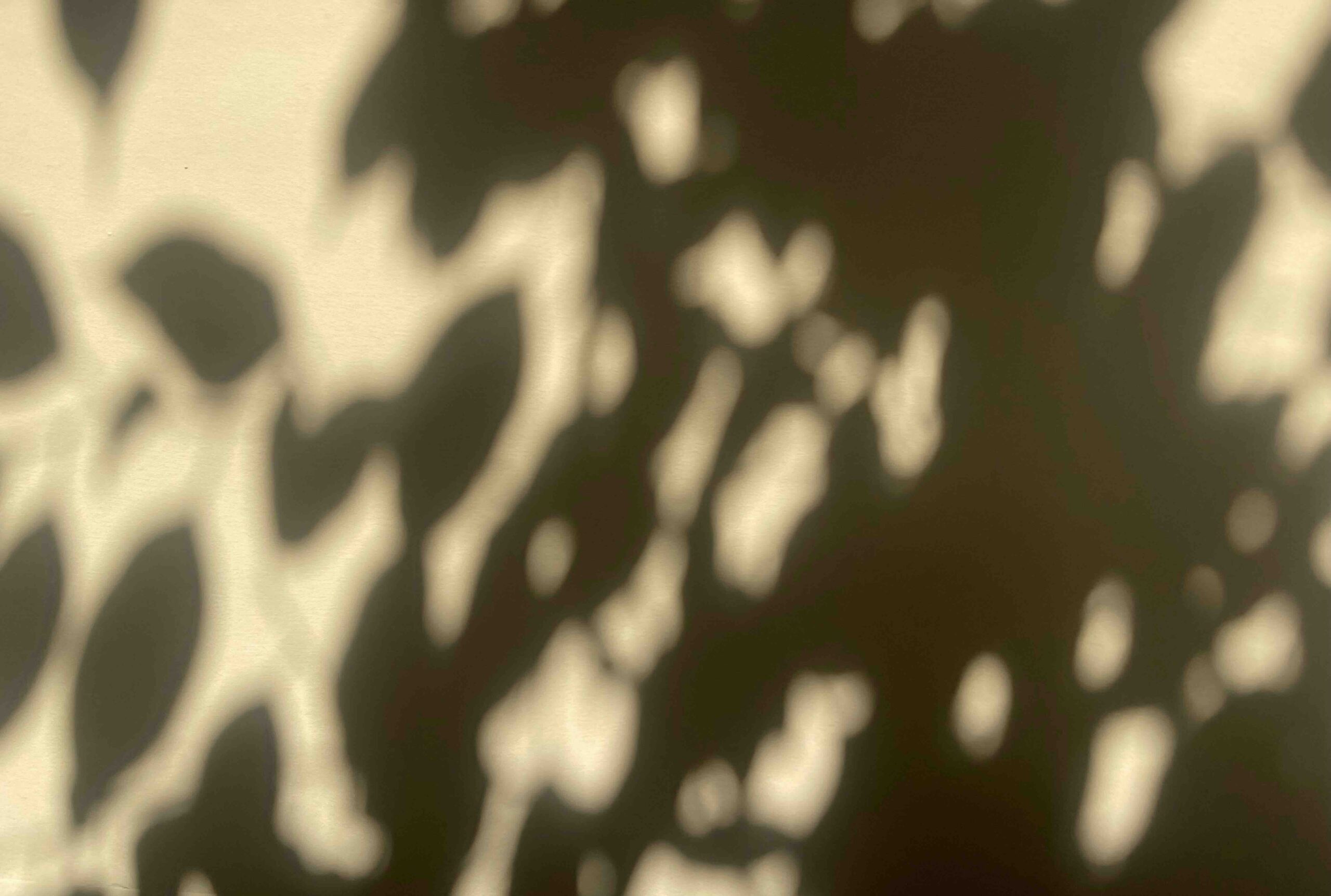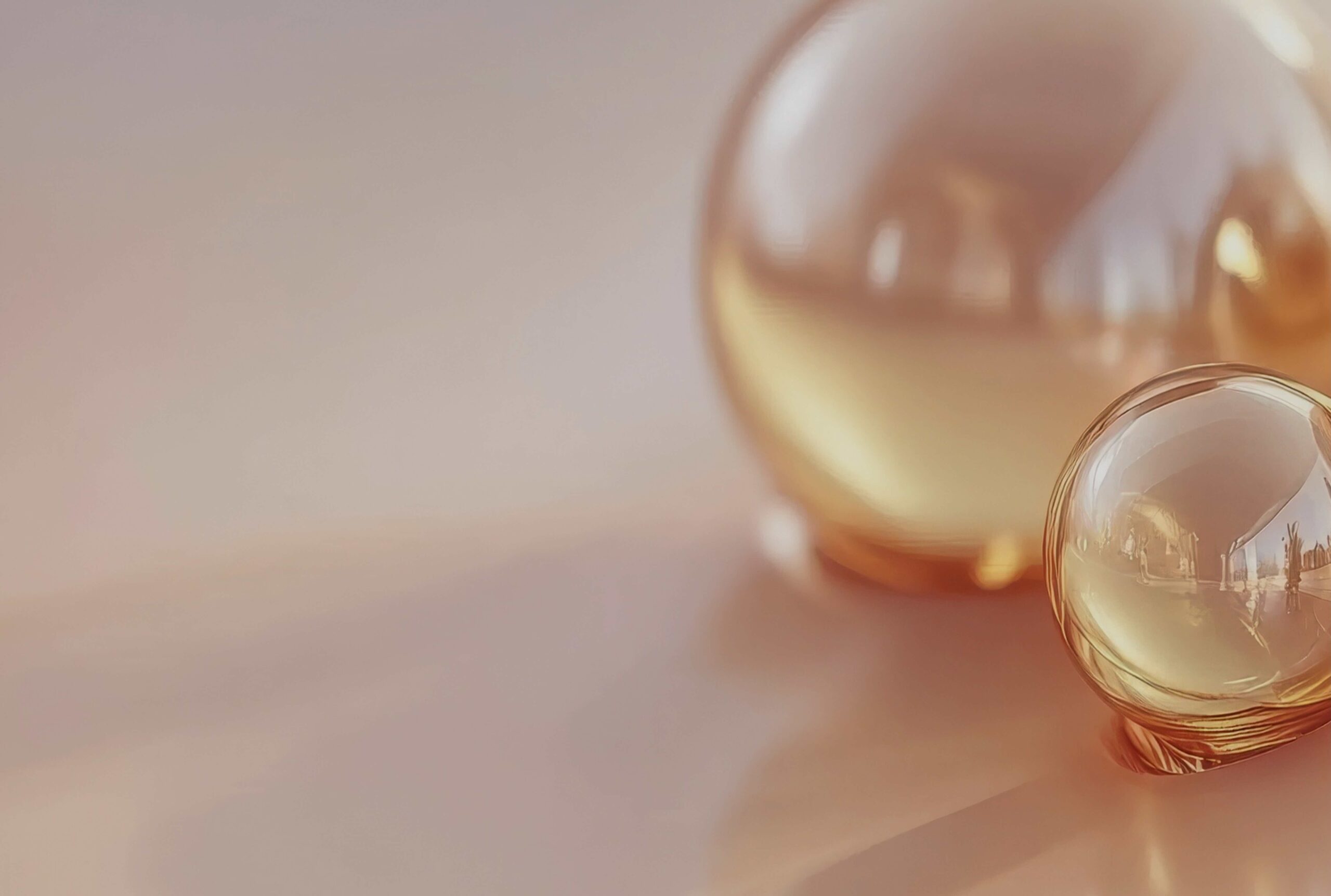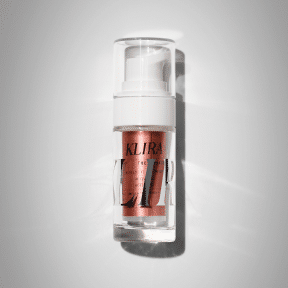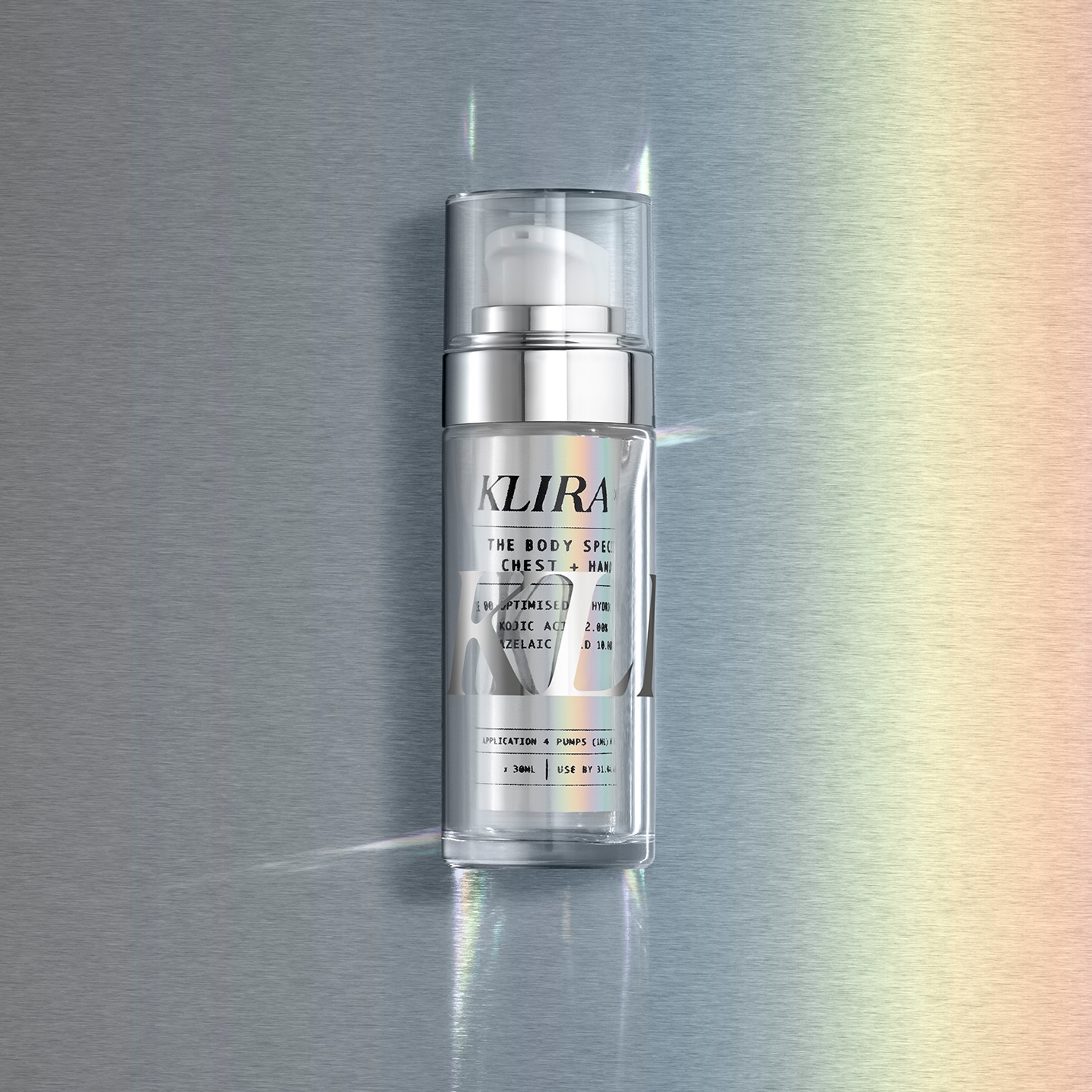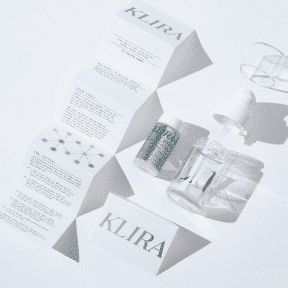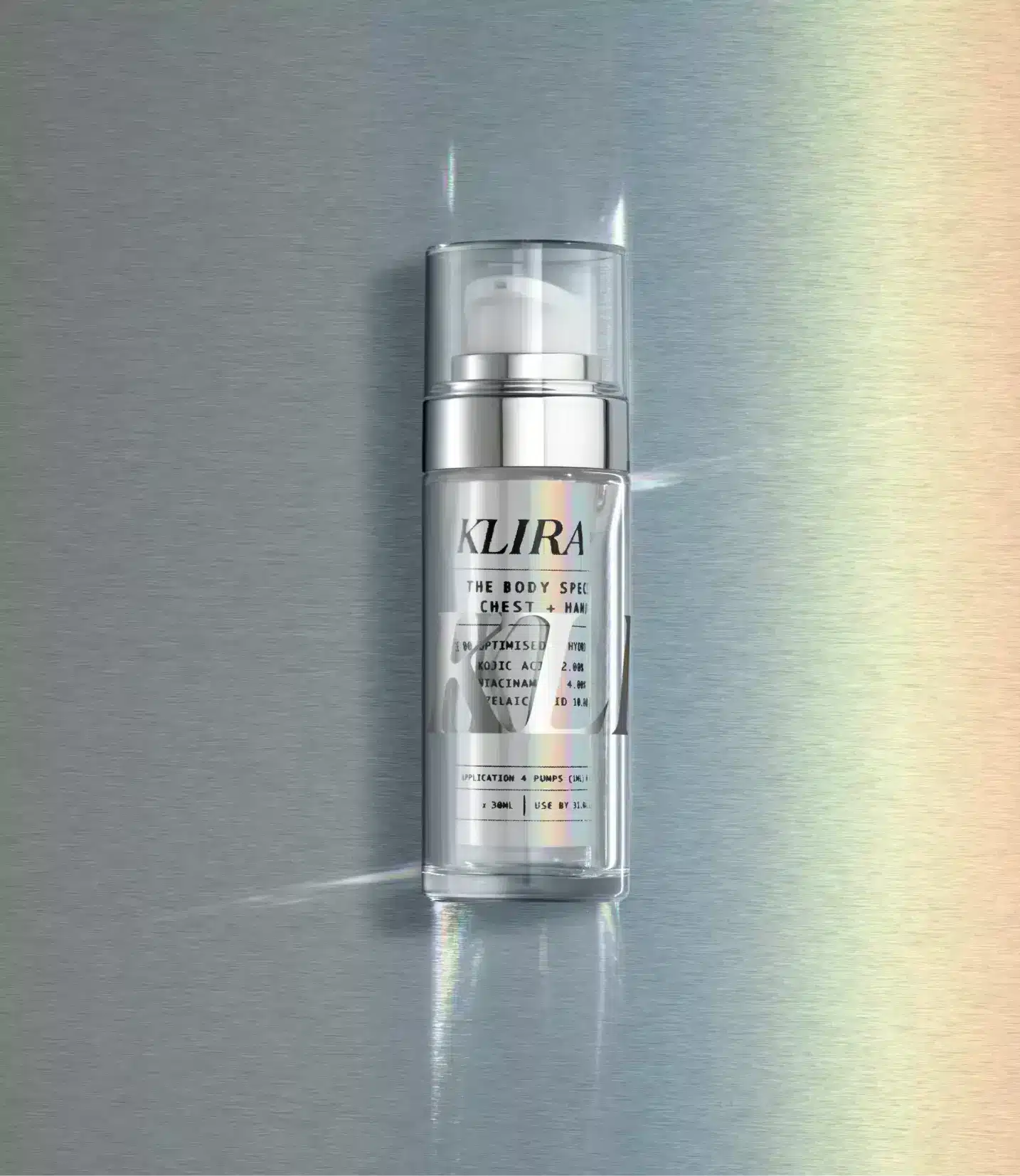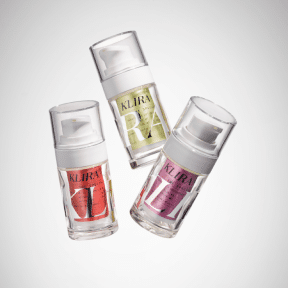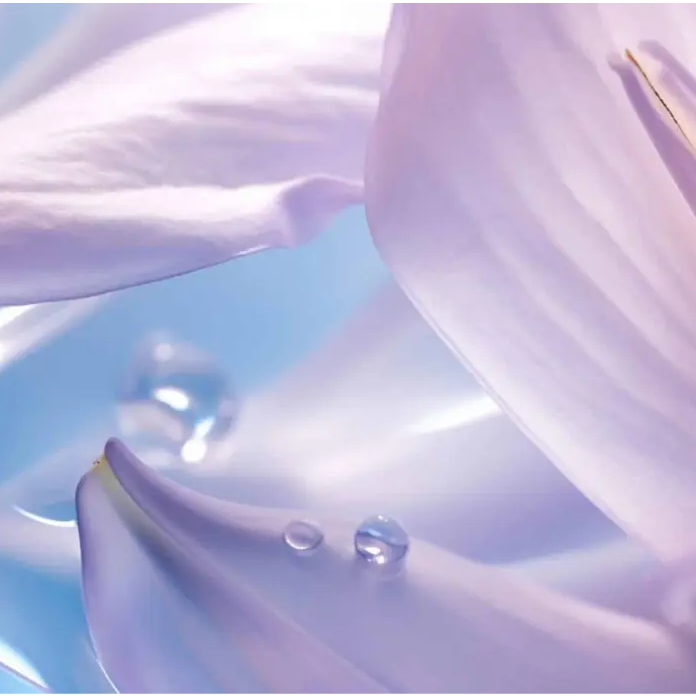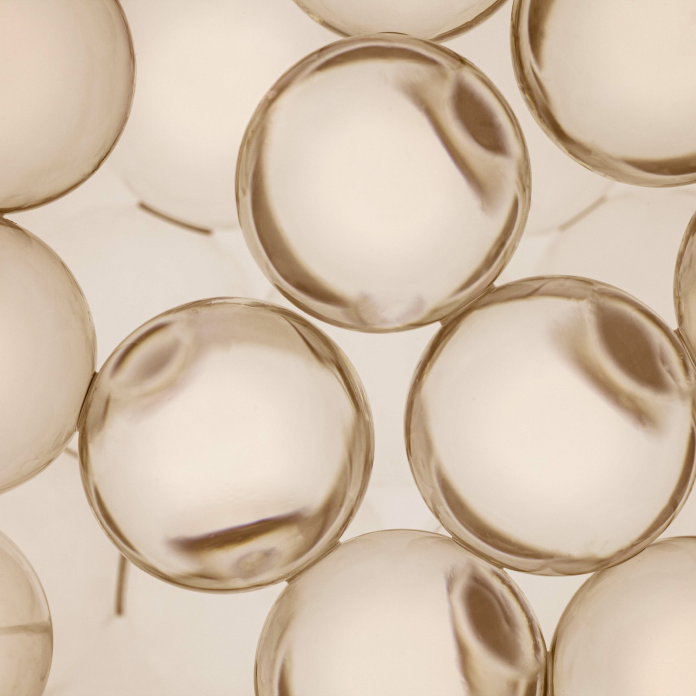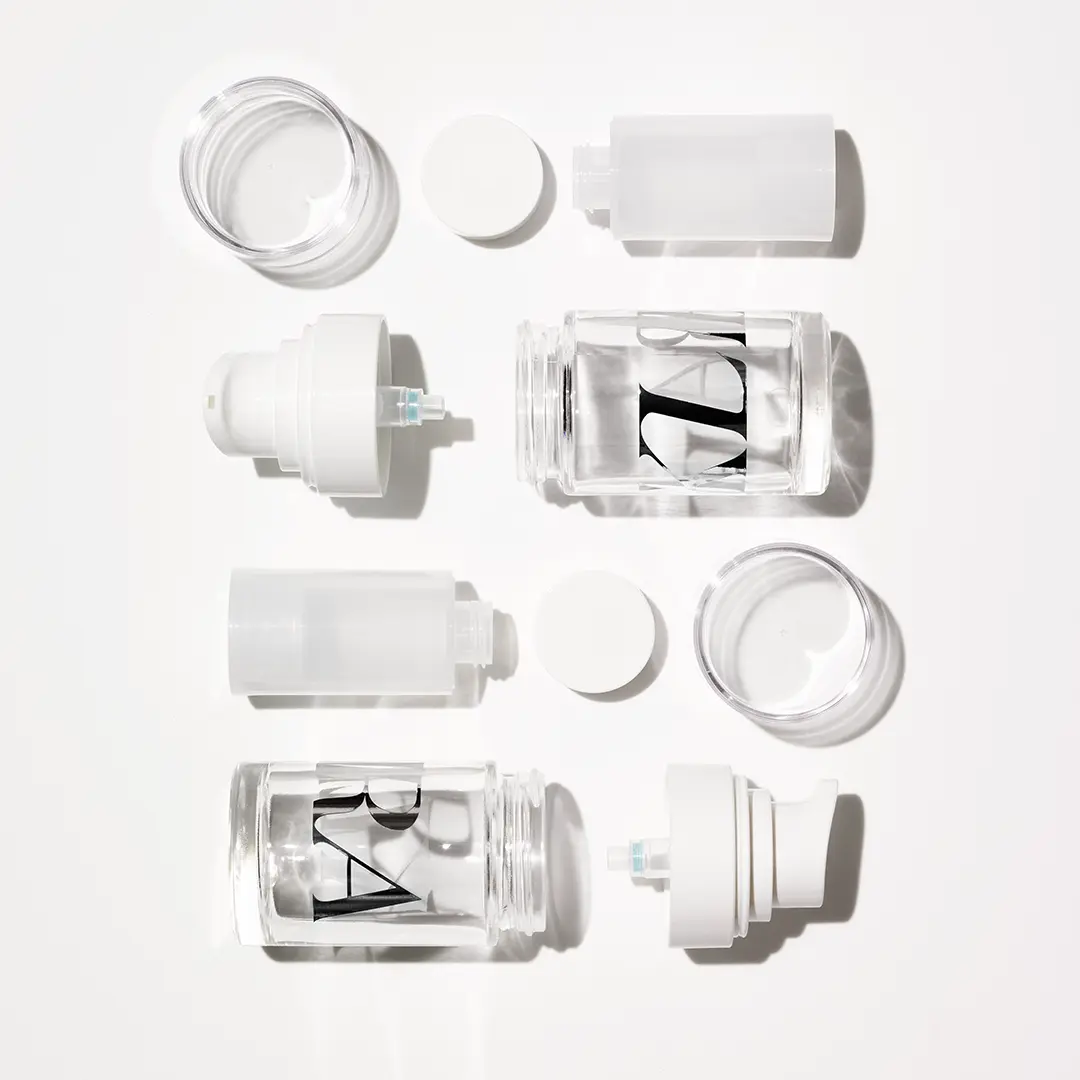Ageing is a privilege, but how you age especially when it comes to your skin is something you can influence. Many people wonder how to maintain healthy, youthful skin for as long as possible. The good news? With the right approach, including SPF, Klira, nutrition, and exercise, you can support your skin’s longevity and overall well-being.
What is longevity?
Longevity refers to living a long and healthy life, with a focus on maintaining physical and mental well-being as you age. In skincare, longevity means preserving skin health, strength, and resilience through protective and reparative measures, ensuring that your skin remains vibrant for years to come.
In this guide, we’ll explore dermatologist-approved longevity tips that go beyond just looking younger – they focus on ageing healthily. From daily sun protection to powerful skincare like Klira, plus diet and lifestyle habits, you’ll learn how to keep your skin strong, resilient, and glowing for years to come.
What makes our skin age quicker?
Skin ageing is a natural process, but certain external and lifestyle factors can accelerate it, leading to premature wrinkles, sagging, pigmentation, and loss of elasticity. Understanding these causes allows you to take proactive steps to protect your skin and maintain its health.
1. Sun exposure & UV damage
The number one cause of premature skin ageing is exposure to ultraviolet (UV) radiation from the sun. UV damage accounts for up to 80% of visible skin ageing, a process known as photoageing. The two primary types of UV rays that impact the skin are:
- UVA: These rays penetrate deep into the skin, breaking down collagen and elastin, leading to fine lines, wrinkles, and sagging. UVA rays can also pass through windows in homes, offices, and cars, meaning unprotected skin is at risk even when indoors or driving.
- UVB: These rays mainly affect the skin’s surface, causing sunburn and direct DNA damage, which increases the risk of skin cancer. While UVB is strongest during midday sun exposure, it contributes to cumulative damage over time. Wearing a broad-spectrum SPF 30 or higher every day—even when indoors or on cloudy days is essential to slow skin ageing and prevent damage from UVA and UVB rays.
2. Smoking
Smoking is a major contributor to premature ageing. It reduces blood flow to the skin, depletes oxygen and vital nutrients, and triggers the breakdown of collagen and elastin. This results in thinner, more fragile skin, increased wrinkles (especially around the mouth), and a dull, uneven complexion. Smoking also increases oxidative stress, leading to further cellular damage.
3. Poor diet & nutrient deficiencies
What you eat directly affects your skin’s ability to repair and maintain itself. Diets high in processed foods, sugar, and unhealthy fats contribute to glycation, a process that stiffens and damages collagen, leading to wrinkles and sagging. On the other hand, a diet rich in antioxidants, healthy fats, and vitamins supports skin repair and longevity.
4. Lack of exercise
Regular movement improves circulation, oxygenation, and collagen production, keeping the skin firm and radiant. Exercise also reduces chronic inflammation and oxidative stress, both of which contribute to premature ageing. Sedentary lifestyles, on the other hand, are linked to increased skin dullness, loss of elasticity, and slower cell turnover.
5. Chronic stress & lack of sleep
High stress levels and poor sleep habits increase the production of cortisol, a hormone that breaks down collagen and accelerates skin ageing. Chronic stress can also lead to inflammation, dehydration, and a weakened skin barrier, making the skin more prone to fine lines, breakouts, and irritation. Prioritising good sleep, relaxation techniques, and mindfulness can help protect your skin from stress-related ageing.
Actionable tips for healthy skin ageing
Now that we’ve covered the main factors that accelerate skin ageing, let’s focus on practical, dermatologist-approved solutions to protect and support your skin’s longevity. By incorporating these steps into your daily routine, you can slow down the ageing process and maintain strong, glowing skin for years to come.
1. Daily SPF: your first line of defence
The single most effective way to prevent premature ageing is consistent sun protection. Even on cloudy days or when indoors, your skin is exposed to UVA rays, which penetrate windows and break down collagen.
- Best SPF: La Roche-Posay UVmune 400 SPF 50 is one of the most advanced sunscreens available, providing excellent UVA and UVB protection with ultra-long UVA filters.
- How to use: Apply a generous amount to your face, neck, ears, and any exposed areas at the end of your morning skincare routine.
- Reapplication: Reapply every 2–3 hours if you’re outdoors or sitting near windows. For an easy midday top-up, use a spray or powder SPF over makeup.
2. Klira: powerful night time skin repair treatment
Klira is a prescription-strength skincare formulation designed to repair and strengthen the skin. Its blend of powerful active ingredients stimulates collagen, reduces pigmentation, improves hydration, and enhances overall skin resilience.
Key ingredients and benefits:
- Azelaic Acid: Helps to reduce inflammation, even out skin tone, and combat oxidative stress.
- Cholesterol & hyaluronic acid: Work together to restore skin barrier function and deeply hydrate.
- Hydrolysed Collagen: Provides amino acids that support skin repair and elasticity.
- How to use: Apply 2 pumps of The Klira Special each night after cleansing.
3. Nutrition: feed your skin from within
Your diet plays a crucial role in skin repair, hydration, and collagen preservation. A diet rich in antioxidants, healthy fats, and protein supports your skin’s ability to stay firm, plump, and resilient.
Prioritise:
- Vitamin C-rich foods (citrus, berries, peppers) to boost collagen.
- Omega-3s (salmon, walnuts, flaxseeds) to maintain hydration and reduce inflammation.
- Polyphenols (green tea, dark chocolate, olive oil) to combat oxidative stress.
- Collagen-supporting nutrients (bone broth, eggs, soy, leafy greens).
Limit processed foods, sugar, and excessive alcohol, which contribute to glycation (collagen breakdown) and inflammation.
4. Exercise: boost circulation & collagen production
Movement keeps your skin oxygenated, nourished, and elastic. Exercise increases blood flow, delivers essential nutrients to skin cells, and helps flush out toxins.
- Aim for at least 150 minutes of moderate exercise per week (e.g., brisk walking, cycling, pilates).
- Strength training supports muscle tone, preventing the loss of facial volume that contributes to sagging.
- Yoga and stretching improve circulation and stress management, reducing cortisol (which breaks down collagen).
5. Quit smoking: reverse & prevent further damage
If you smoke, quitting is one of the most powerful anti-ageing decisions you can make. The skin begins to recover almost immediately, with improved blood flow and oxygenation leading to better collagen production, reduced fine lines, and a healthier complexion. If quitting is challenging, consider nicotine replacement therapy or professional support. Increasing antioxidant intake can help counteract some of the oxidative damage caused by past smoking.
6. Prioritising sleep: overnight skin repair
Skin undergoes its most intensive repair and renewal at night. Poor sleep leads to increased cortisol, which accelerates collagen breakdown, dehydration, and inflammation.
- Aim for 7–9 hours of quality sleep per night.
- Support overnight skin repair with hydrating skincare (we love La Roche-Posay Lipikar AP+M) and Klira.
- Reduce blue light exposure an hour before bed to improve sleep quality.
Stress management: protect your skin from cortisol damage
Chronic stress raises cortisol levels, leading to inflammation, breakouts, and premature ageing. Managing stress effectively can preserve collagen and prevent accelerated skin ageing.
- Mindfulness & meditation: Even 10 minutes a day can lower cortisol and promote relaxation.
- Breathwork & yoga: Help reduce oxidative stress and inflammation.
- Outdoor walks & hobbies: Spending time in nature and engaging in enjoyable activities can significantly improve skin and overall health.
Final thoughts
Ageing is a privilege, and with the right approach, your skin can remain healthy, resilient, and glowing for years to come. The key to skin longevity isn’t about chasing youth, it’s about protecting, strengthening, and nourishing your skin so it ages well.
By making daily SPF application non-negotiable, incorporating powerful skincare like Klira, and prioritising a balanced diet, regular exercise, quality sleep, and stress management, you can significantly slow down premature ageing and maintain radiant, strong skin.
Small, consistent habits make all the difference. Start today, and your future self and skin will thank you.
Our Dermatology Team will review your SkinSize™ Analysis, medical information, and photos to decide which ingredients you will receive in your bespoke formula.





















